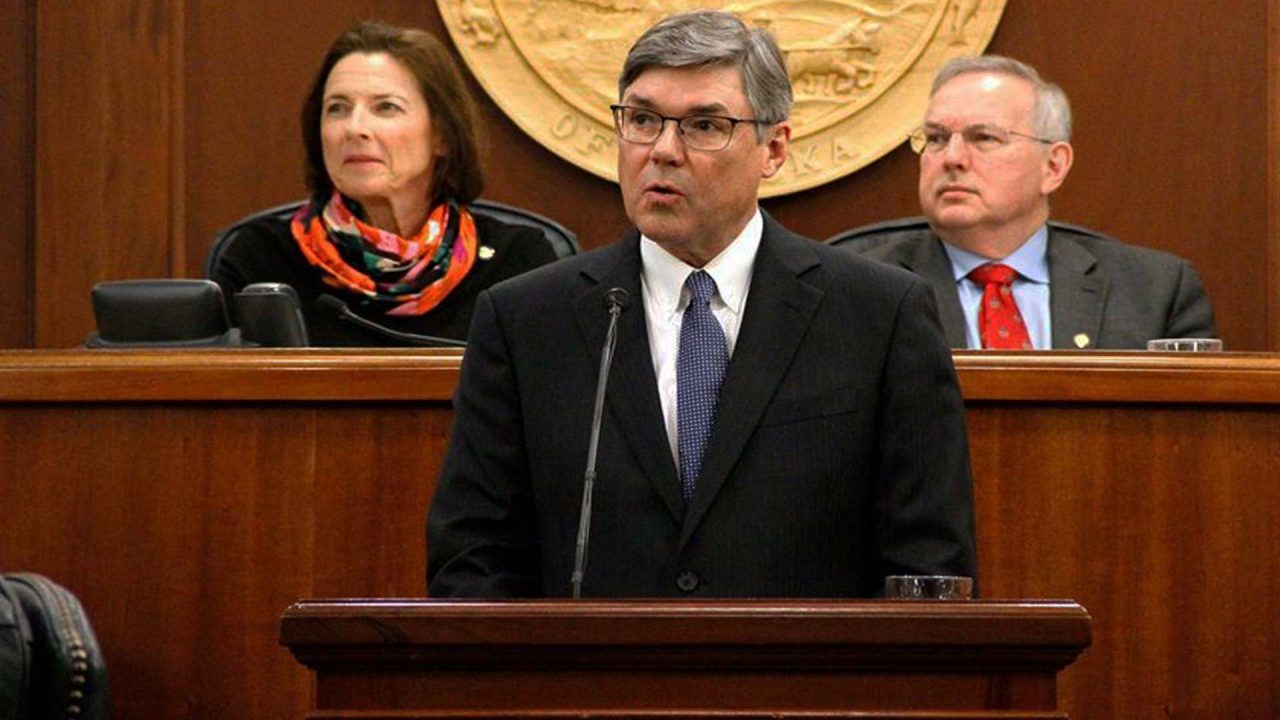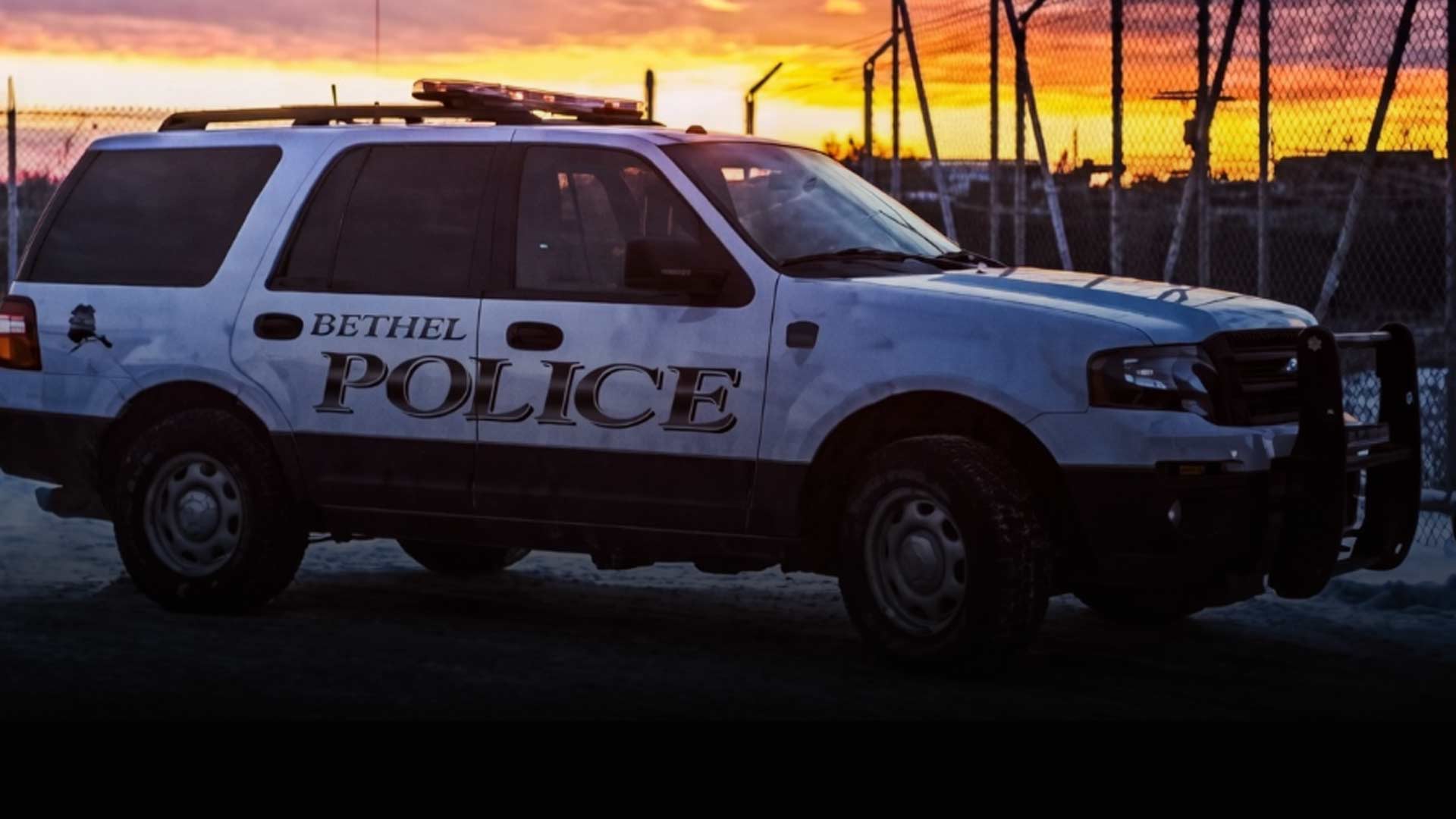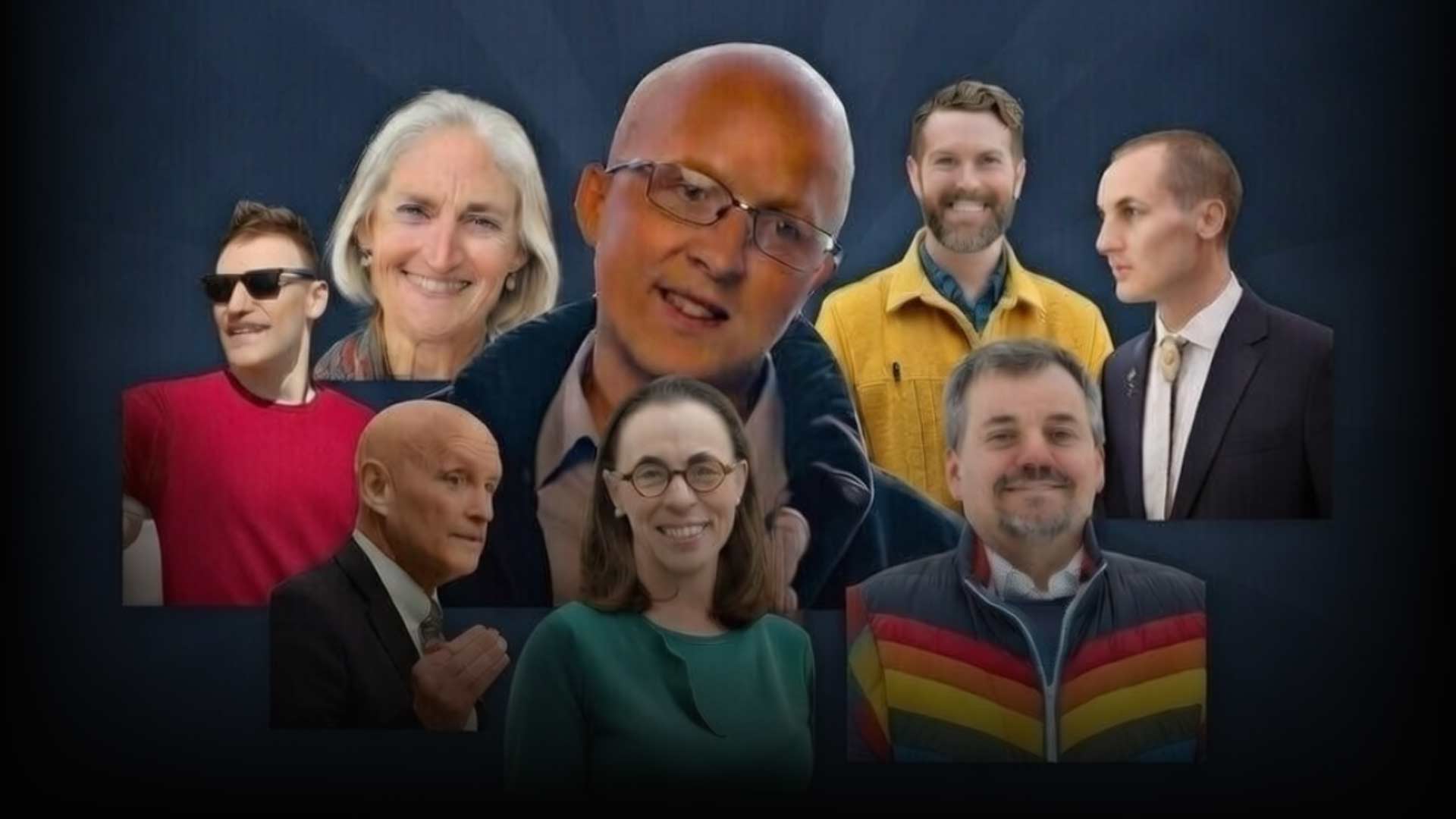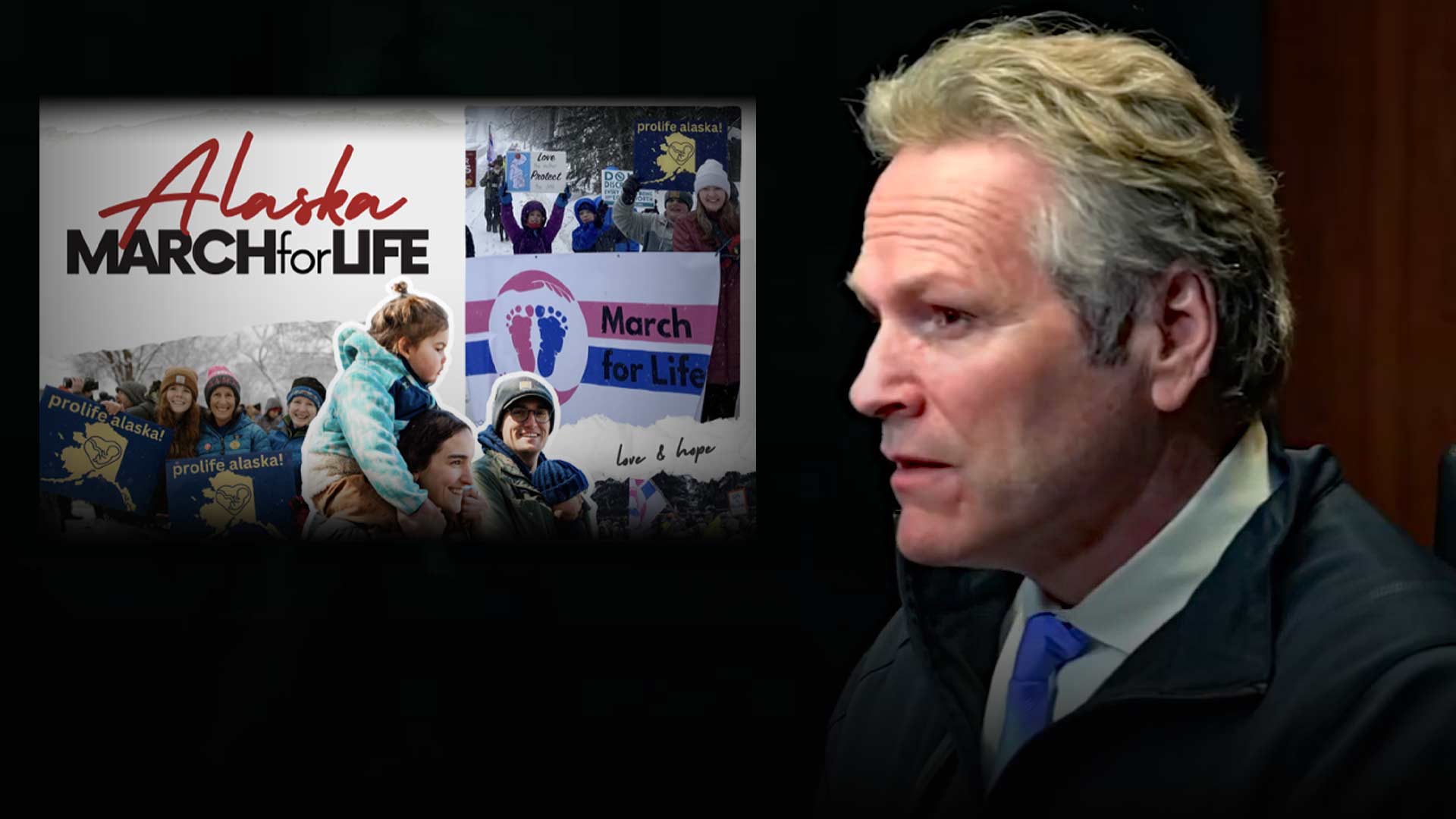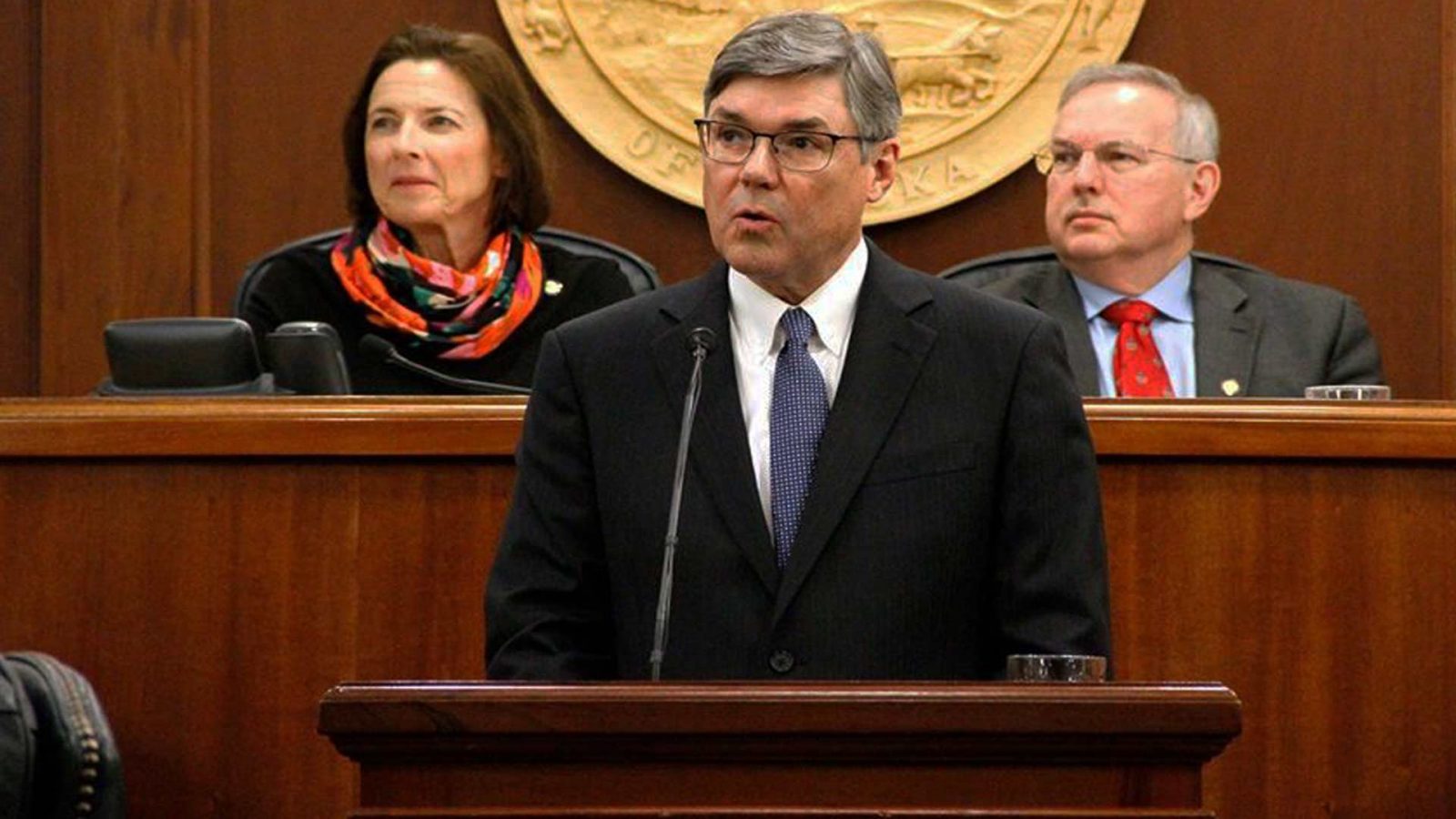
Chief Justice of the Alaska Supreme Court Joel Bolger has admitted to having made statements that may cause a “reasonable person” to wonder whether he could impartially rule on the merits of a case to recall Gov. Mike Dunleavy from office.
On March 2, Bolger recused himself from the case which is now before his Supreme Court.
Bolger initially asked the parties in the case to file a written motion for his disqualification. Upon further reflection, he went ahead and stepped down on his own accord.
In a recusal notice dated March 2, Bolger reiterated his claim that he has no “personal bias or prejudice concerning the parties or the attorneys in this case.”
…a reasonable person might question whether my judgment is affected by my overriding public responsibilities to the justice system.
“However, I have special public responsibilities as the administrative head of the Alaska Court System and as the chairman ex-officio of the Alaska Judicial Council,” he added. “In those capacities, I have made public statements that could suggest a strong disagreement with the governor’s conduct on some very fundamental issues affecting the judicial branch, conduct that forms part of the basis for the recall petition under consideration. In other words, this is a case where a reasonable person might question whether my judgment is affected by my overriding public responsibilities to the justice system.”
Last summer Gov. Mike Dunleavy vetoed $334,700 from the court’s budget – the exact amount the Supreme Court ordered the state to pay abortionists for killing 805 babies in 2018. That mandate contradicted the Legislature’s instruction that no money from the budget could be used to fund elective abortions.
One of four reasons the Recall Dunleavy group cites for justifying its effort deals with Dunleavy’s veto of the court budget. The recall group claims Dunleavy “violated separation-of-powers by improperly using the line-item veto to attack the judiciary and the rule of law.” Dunleavy’s attorney’s, however, say the governor is fully within his constitutionally guaranteed rights to line item veto a portion of the court’s budget.
Bolger, who was set to preside over the case, made a public appeal to the Alaska Federation of Natives Convention in October, in which he asked for help in the court’s veto dispute with the governor.
ALASKA WATCHMAN DIRECT TO YOUR INBOX
Additionally, a video on the Alaska Bar Association website shows what appears to be an attempt by Bolger to enlist lawyers in influencing public opinion against the governor’s veto. The Aug. 8 video shows Bolger telling members of the Alaska Bar Association to write letters to the editor and post articles on Facebook to counteract what he called “attacks on the independence of the judiciary.”
Other reasons the recall group claims the governor should be removed include: refusing to appoint a judge to the Palmer Superior Court within 45 days of receiving nominations, misusing state funds to purchase political ads, and mistakenly vetoing $18 million more from last year’s budget than what he told the Legislature in official communications.
If the Alaska Supreme Court approves of the legal grounds for the recall, the governor’s opponents will need to collect the needed 71,200 signatures to put the issue to a popular vote before Alaskans. If successful, a special election would be held within 60 to 90 days after the required signatures are submitted. The last day for supporters to turn in signatures for the recall is June 8, 2022.
The Supreme Court is scheduled to hear the merits of the Recall Dunleavy group’s case on March 25, 1:30 p.m., in Anchorage’s Boney Courthouse.
